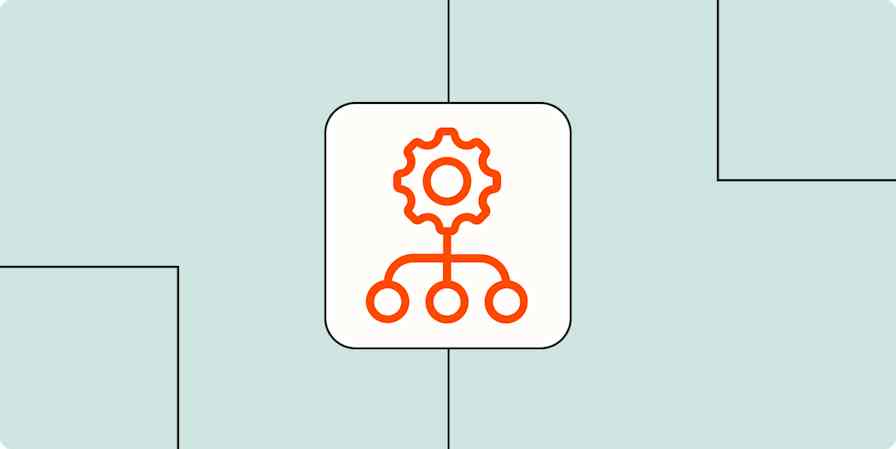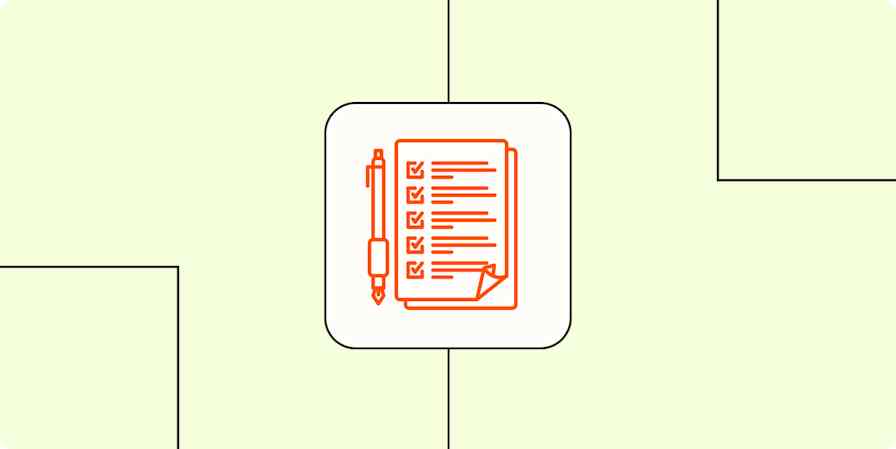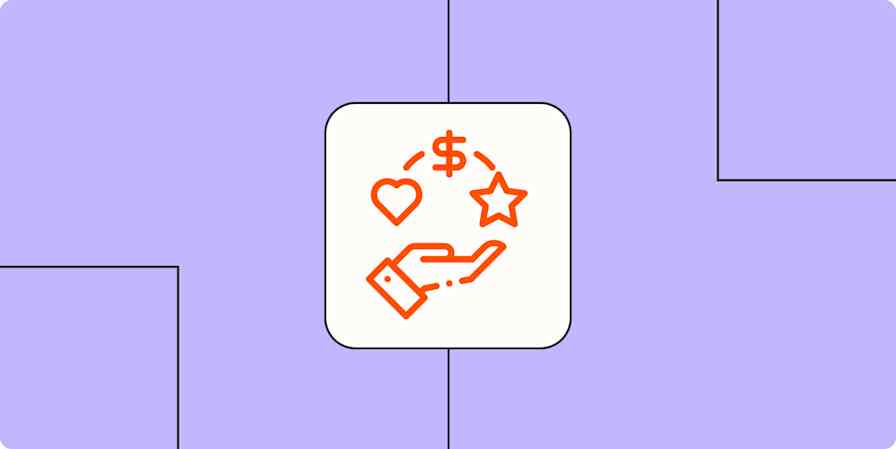Productivity tips
3 min readPick one priority every week, and focus on it
By Mike Solomon · April 24, 2020

Get productivity tips delivered straight to your inbox
We’ll email you 1-3 times per week—and never share your information.
Related articles
Improve your productivity automatically. Use Zapier to get your apps working together.







